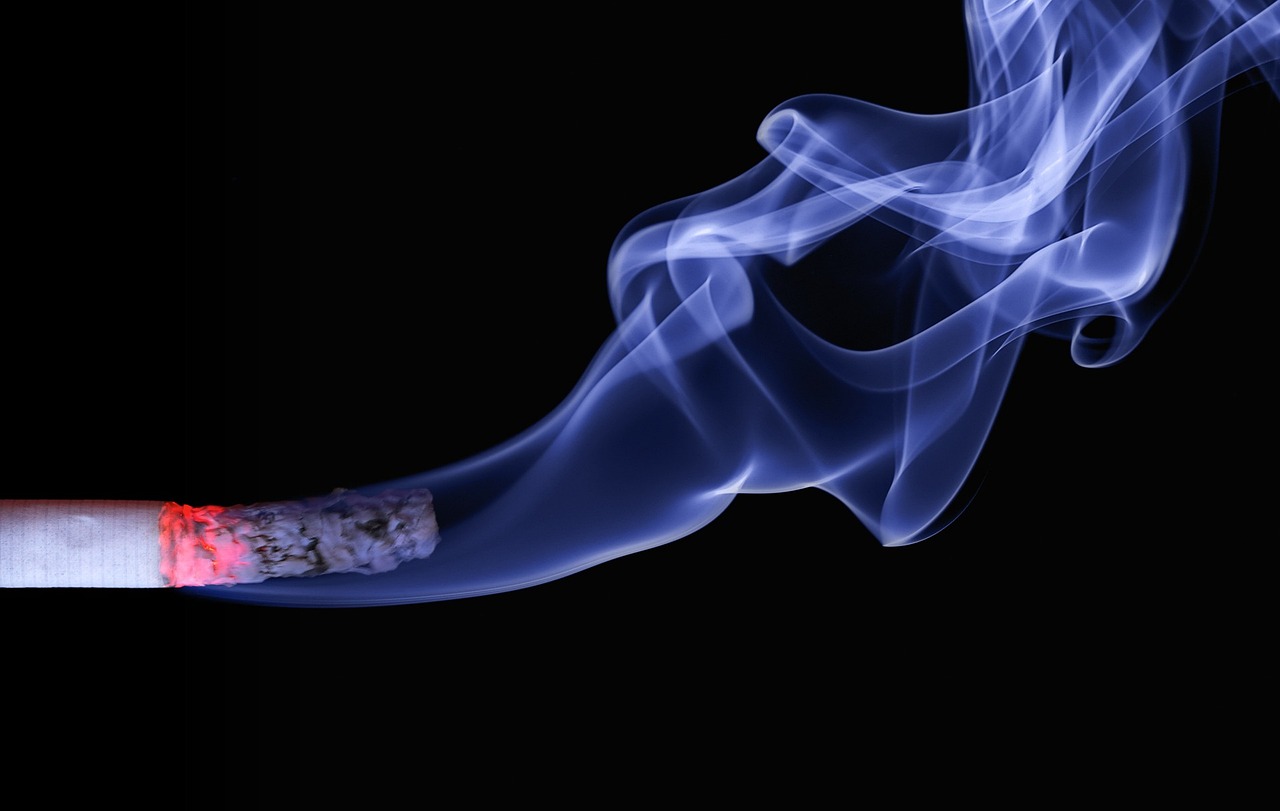In a recent development, the non-profit organization Quit For Good has called upon the Food and Drug Administration (FDA) and the World Health Organization (WHO) to extend their efforts to include adult American smokers in the quest for alternatives to combustible cigarettes. The organization, which advocates for harm reduction in the Philippines, commends the United States’ initiatives aimed at preventing youth from consuming nicotine products but emphasizes the need for adult smokers to have access to less harmful alternatives.
Dr. Lorenzo Mata Jr., President of Quit For Good, asserted the importance of striking a balance between safeguarding youth from the risks of tobacco while ensuring adult smokers can access smoke-free alternatives like vapes, heated tobacco, and nicotine pouches. His statement came in response to Dr. Brian A. King, the Director of the FDA’s Center for Tobacco Products (CTP), who spoke at the Global Tobacco and Nicotine Forum (GTNF) in Seoul, South Korea.
Dr. King acknowledged the substantial progress made in reducing smoking in the United States, with only 11.5 percent of adults continuing to use combustible cigarettes. He highlighted the immense healthcare costs and lost productivity associated with smoking, amounting to an annual expenditure of $600 billion. Despite these costs, Dr. King stressed the need to focus on reducing combustible tobacco usage and implementing product standards to achieve meaningful progress.
Dr. Mata, however, expressed concern over the FDA’s strict regulations on smoke-free alternatives, which he believes hinder their positive impact on public health and healthcare expenses. He urged the United States to follow the lead of the United Kingdom, which actively promotes these alternatives as a means to combat smoking.
While recognizing the legitimate concerns of US regulators regarding youth vaping, Dr. Mata advocated for balanced policies that protect both the youth and adult smokers. Quit For Good’s stance emphasizes the potential for tobacco harm reduction to save lives, aligned with scientific consensus on the matter.
The CTP, a relatively young office under the FDA, is currently working on foundational rules to address the issues surrounding tobacco use. Dr. King reiterated the need to focus on combustible products due to their significant contribution to preventable diseases. The CTP’s intent is to emphasize combustible cigarettes and certain other products in the coming months, with the goal of implementing stricter standards.
As the tobacco landscape diversifies, the United States now regulates e-cigarettes as tobacco products, thanks to a new law passed by Congress in 2022. The CTP is actively working to incorporate synthetic nicotine products into its regulatory framework, demonstrating the dynamic nature of their approach.
Dr. King, an epidemiologist, emphasized the importance of science supporting the decisions made by the CTP. He pointed out that the number of children using e-cigarettes in the US has decreased by half since 2019, and while progress has been made, further reductions are still necessary.
The CTP plays a pivotal role in approving premarket tobacco product applications (PMTAs) from various companies producing tobacco products, vapes, and other electronic nicotine delivery systems. It also oversees public health communication efforts aimed at educating the public about the relative risks of e-cigarettes and safer nicotine alternatives.






